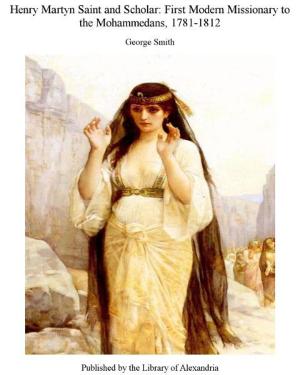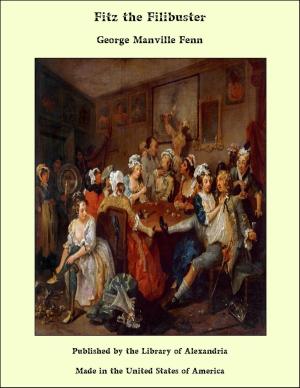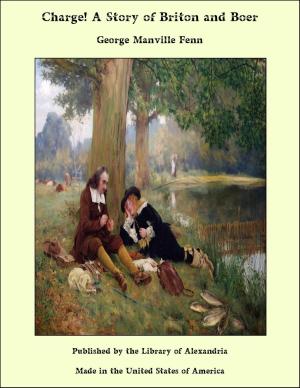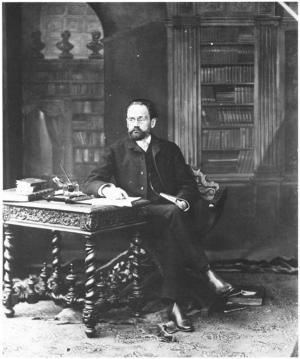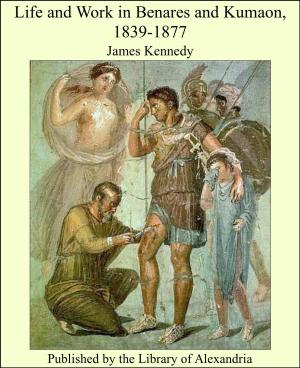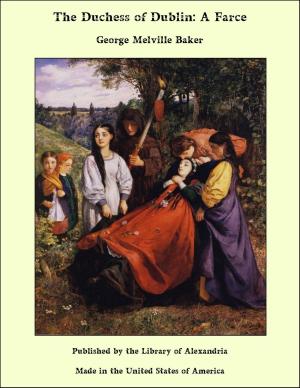Advice to Young Men and (Incidentally) to Young Women in the Middle and Higher Ranks of Life in a Series of Letters Addressed to a Youth, a Bachelor, a Lover, a Husband, a Father, a Citizen, or a Subject
Nonfiction, Religion & Spirituality, New Age, History, Fiction & Literature| Author: | William Cobbett | ISBN: | 9781465504654 |
| Publisher: | Library of Alexandria | Publication: | March 8, 2015 |
| Imprint: | Language: | English |
| Author: | William Cobbett |
| ISBN: | 9781465504654 |
| Publisher: | Library of Alexandria |
| Publication: | March 8, 2015 |
| Imprint: | |
| Language: | English |
The Children Carried Off by the Indians—The Feast in the Wigwam—Souwanas, the Story-teller—Nanahboozhoo, the Indian Myth—How the Wolves Stole His Dinner, and Why the Birch Tree Bark is Scarred—Why the Raccoon has Rings on His Tail. Without even knocking at the door there noiselessly entered our northern home two large, unhandsome Indians. They paid not the slightest attention to the grown-up palefaces present, but in their ghostly way marched across the room to the corner where the two little children were playing on the floor. Quickly but gently picking them up they swung them to their shoulders, and then, without a word of salutation or even a glance at the parents, they noiselessly passed out of that narrow door and disappeared in the virgin forest. They were pagan Saulteaux, by name Souwanas and Jakoos. The Indian names by which these two children were called by the natives were "Sagastaookemou," which means the "Sunrise Gentleman," and "Minnehaha," "Laughing Waters." To the wigwam of Souwanas, "South Wind," these children were being carried. They had no fear of these big Indians, though the boy was only six years old, and his little sister but four. They had learned to look with laughing eyes even into the fiercest and ugliest of these red faces and had made them their friends
The Children Carried Off by the Indians—The Feast in the Wigwam—Souwanas, the Story-teller—Nanahboozhoo, the Indian Myth—How the Wolves Stole His Dinner, and Why the Birch Tree Bark is Scarred—Why the Raccoon has Rings on His Tail. Without even knocking at the door there noiselessly entered our northern home two large, unhandsome Indians. They paid not the slightest attention to the grown-up palefaces present, but in their ghostly way marched across the room to the corner where the two little children were playing on the floor. Quickly but gently picking them up they swung them to their shoulders, and then, without a word of salutation or even a glance at the parents, they noiselessly passed out of that narrow door and disappeared in the virgin forest. They were pagan Saulteaux, by name Souwanas and Jakoos. The Indian names by which these two children were called by the natives were "Sagastaookemou," which means the "Sunrise Gentleman," and "Minnehaha," "Laughing Waters." To the wigwam of Souwanas, "South Wind," these children were being carried. They had no fear of these big Indians, though the boy was only six years old, and his little sister but four. They had learned to look with laughing eyes even into the fiercest and ugliest of these red faces and had made them their friends



